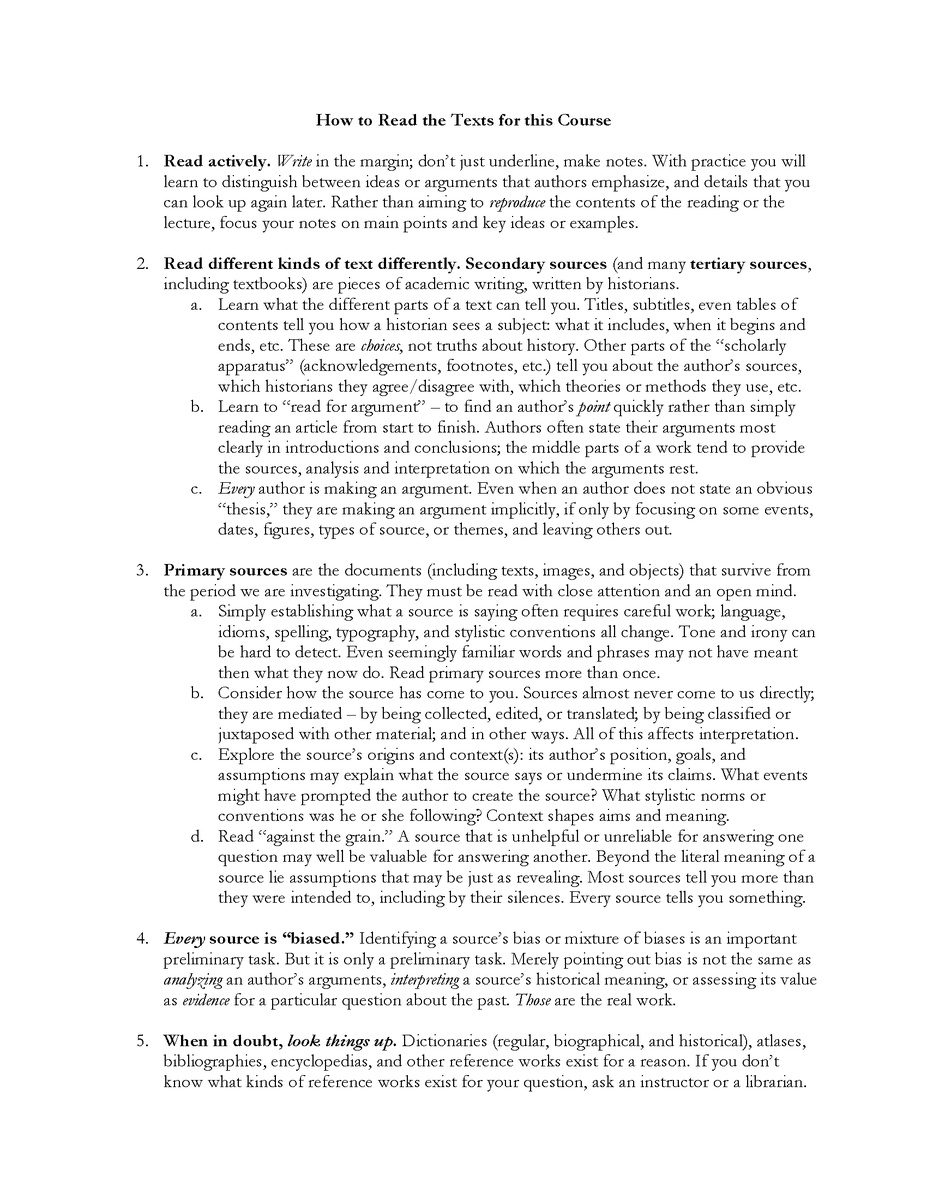Further to my threat on cultivated ignorance of history.
Linker's response to 1619 is a wonderful/horrible case in point theweek.com/articles/85977…
Linker's response to 1619 is a wonderful/horrible case in point theweek.com/articles/85977…
https://twitter.com/mccormick_ted/status/1163708812299329536
note this complaint in particular:
"What Desmond doesn't say is that it's possible the books on which he relies, all of them written since 2008, anachronistically project these characteristics of early 21st-century capitalism onto the past."
"What Desmond doesn't say is that it's possible the books on which he relies, all of them written since 2008, anachronistically project these characteristics of early 21st-century capitalism onto the past."
Yeah, it's *possible*. Anything's possible. It's only a criticism, though, if you show some evidence.
But as it stands the only *actual* problem alleged by Linker here is that the books that went into Desmond's article were published in the last ten years. New = suspect.
But as it stands the only *actual* problem alleged by Linker here is that the books that went into Desmond's article were published in the last ten years. New = suspect.
Then there's this: "He treats the assertion as fact... rooted in definitive archival evidence most readers of the 1619 Project will never examine for themselves. These readers are expected to defer to Desmond's authority, and ... to [that] of the scholars on which he relies."
The implication of this critique is that arguments based on archival work -- the basis of much of our knowledge of the past -- are to be dismissed *because* they are based on archival work that readers themselves won't do. Scholarship is untrustworthy *because* scholars wrote it.
*thread, haha
Historical scholarship based in sources found in archives is ipso facto "propaganda".
This is an anti-intellectual manifesto.
This is an anti-intellectual manifesto.
Imagine suggesting that journalists shy from scientists who'd done the actual experimental work their articles talked about, and rely on lay opinion instead.
Imagine suggesting that training and experience in engineering disqualified an engineer from discussing engineering.
Imagine suggesting that training and experience in engineering disqualified an engineer from discussing engineering.
Some responses to my original thread have (correctly, I think) compared the predicament of public history to that of scientific expertise. But are undergoing a kind of crisis of confidence, and both are assailed from some of the same political quarters.
But there are differences. Science is held in high regard and widely acknowledge to be beyond the abilities of non-experts to conduct (if not to critique). No one argues that we can't trust experimental data *because* they came from a lab.
But that is exactly what's being argued here: that we can't trust history *if it comes from archival sources*. That historians *as such* are not to be trusted as experts in history. That received wisdom is superior to what mere sources tell us.
*acknowledged
This is a cultivated ignorance, a dismissal of empirically substantiated, methodically produced knowledge, that has few parallels I can recall.
And where does it come from? A self-professed "centrist", uncomfortable because the facts don't seem to lead to his position.
And where does it come from? A self-professed "centrist", uncomfortable because the facts don't seem to lead to his position.
This is the essence of preferring faith to facts: declaring that evidence is propaganda when it contradicts the truth you know in your heart.
*Both are
sorry for all the typos; this was written on the fly
sorry for all the typos; this was written on the fly
• • •
Missing some Tweet in this thread? You can try to
force a refresh





